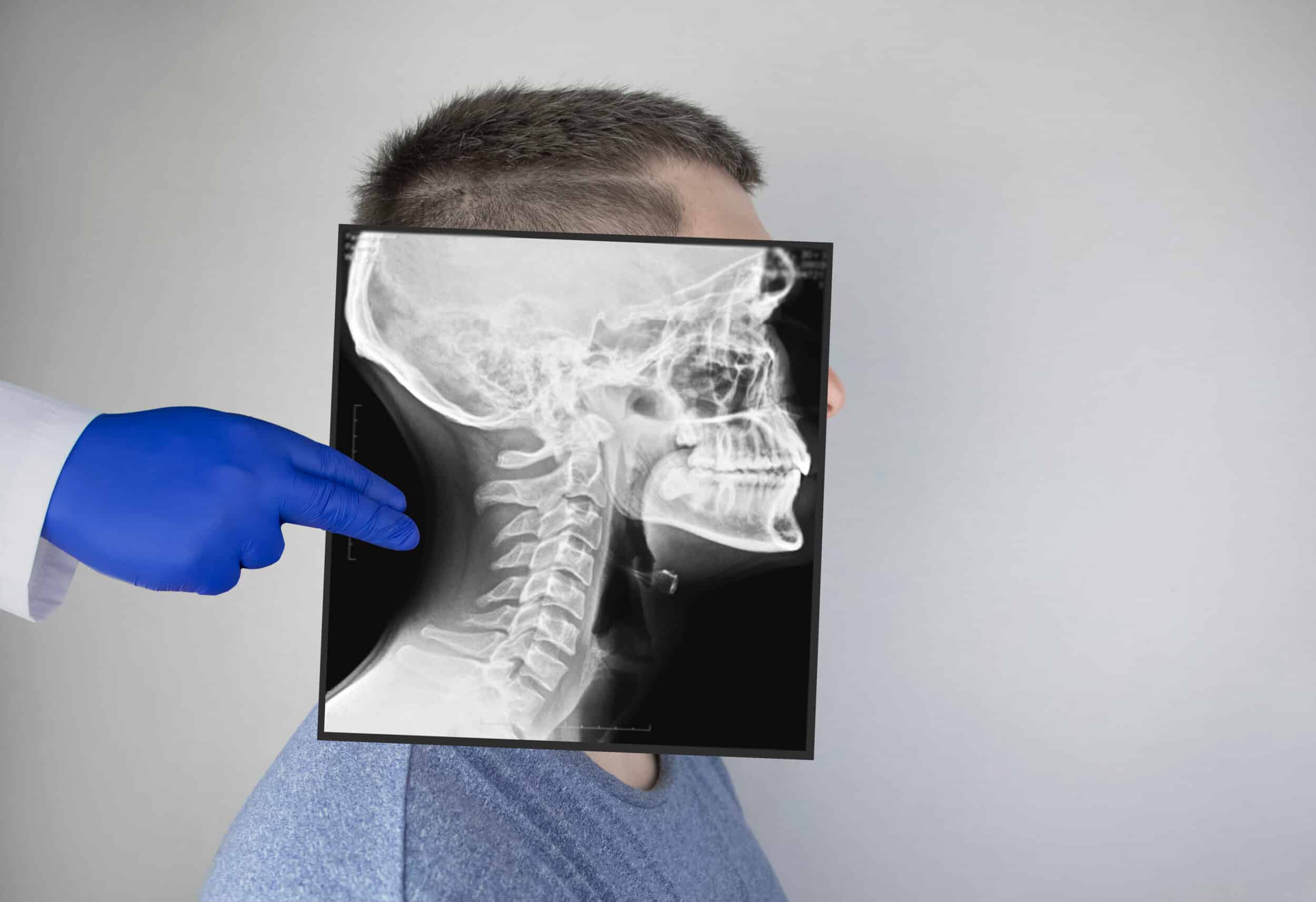
There are millions of facial trauma cases are treated each year by oral and maxillofacial surgeons across the country. In fact, oral and maxillofacial surgeons are key members of most emergency room trauma teams in their area. Just like a cardiologist will be called upon to treat heart-related conditions, an oral and maxillofacial surgeon will be called upon to manage and treat facial trauma cases.
Many vital functions, such as eating and breathing, occur on the face making it extremely important to ensure that facial trauma is treated by an educated and qualified surgeon. Oral and maxillofacial surgeons undergo extensive specialty training to properly treat and repair disharmonies of the facial skeleton and mouth, along with a range of other dental and surgical problems.
What Causes Facial Trauma?
There are numerous events that patients may participate in on a daily basis that could lead to a facial trauma injury.
Some of the most common causes of facial injuries include
- Sports injuries
- Accidents in the home
- Work-related injuries
- Motor vehicle accidents
- Physical assaults
- Falls
As you can see, there are several ways that the face and mouth can be affected by traumatic situations, making each facial trauma case unique. The area of the face that is injured and the severity of that injury will determine which procedure must be performed to treat the injury properly. In some cases, multiple treatments are necessary to fully restore the face and mouth to its original function and appearance.
Some of the more commonly seen injuries include
- Fractured jaws (upper and lower jaw)
- Avulsed (knocked-out) teeth
- Facial lacerations
- Intraoral lacerations
Minor injuries, such as knocked-out teeth or facial laceration, may only require the placement of dental implants or sutures. Serious incidents may involve a more complex approach and require the use of more than one treatment. In either case, it is extremely important to treat facial trauma cases quickly and efficiently to ensure that the mouth and face are fully restored and do not develop long-term complications, such as tooth misalignment, the development of disorders of the temporomandibular joint of the jaw, or jaw bone deterioration.
What Are Some Common Facial Injuries?
Some of the more commonly seen facial trauma injuries include
- Fractured jaws (upper and lower jaw)
- Avulsed (knocked-out) teeth
- Facial lacerations
- Intraoral lacerations
Minor injuries, such as knocked-out teeth or facial laceration, may only require the placement of dental implants or sutures. Serious incidents may involve a more complex approach and require the use of more than one treatment. In either case, it is extremely important to treat facial trauma cases quickly and efficiently to ensure that the mouth and face are fully restored and do not develop long-term complications, such as tooth misalignment, the development of disorders of the temporomandibular joint of the jaw, or jaw bone deterioration.
Schedule a Consultation
To meet with Dr. L.T. Johnson, a board-certified oral and maxillofacial surgeon recognized as a top doctor in Houston, please call 281-491-4545.
Facial Trauma FAQs
What types of events can lead to facial trauma?
Facial trauma, also known as facial injury, can result from a variety of events. Common causes include vehicle accidents, sports injuries, falls, physical assaults, and work-related injuries. Activities that increase the risk of impact to the face, such as contact sports or high-risk jobs, can also lead to more severe facial injuries. In some cases, even everyday activities gone awry, like slipping in the bathroom or tripping over home furnishings, can result in trauma to the face.
Why is it crucial to have facial trauma treated by an oral and maxillofacial surgeon?
Oral and maxillofacial surgeons specialize in the treatment of a wide range of facial injuries, including those affecting the jaws, mouth, teeth, and facial bones. These specialists are trained not only in dentistry but also in complex facial reconstructions and emergency care. They are skilled in addressing both the aesthetic and functional aspects of facial trauma, ensuring that after treatment, the patient’s facial appearance and abilities (like chewing and speaking) are preserved or restored to the best possible extent. Their comprehensive training in the intricate anatomy of the face allows them to perform surgeries with the aim of minimizing scarring and promoting effective healing, making their expertise crucial for optimal recovery.
What are some common facial trauma injuries?
Common facial trauma injuries include soft tissue injuries, which involve the skin and gums; bone injuries, such as fractured jawbones, cheekbones, nasal bones, or eye sockets; and dental injuries, which can affect the teeth and their supporting structures. Soft tissue injuries may range from simple bruises and lacerations to more severe burns and deep cuts. Bone injuries can vary from simple cracks to complex fractures that require surgical intervention. Dental injuries might include chipped, dislodged, or knocked-out teeth. Each type of injury requires specific treatments and should be evaluated by a healthcare professional.
Are all facial trauma cases treated the same way?
No, the treatment of facial trauma varies widely depending on the type and severity of the injury. Treatment plans are highly individualized, taking into account the specific needs and circumstances of each patient. For example, minor injuries such as small cuts or bruises may only require basic wound care and monitoring, while more severe injuries like fractures or extensive lacerations may necessitate surgical intervention. The patient's overall health, the presence of other injuries, and the potential for functional impairment are also important considerations in determining the appropriate treatment approach.
Why is prompt treatment of facial trauma important?
Prompt treatment of facial trauma is crucial to prevent complications, such as infection, significant blood loss, or long-term disfigurement. Early medical intervention can also help ensure better healing outcomes, reduce the risk of permanent damage, and expedite the overall recovery process. For severe injuries, immediate treatment is necessary to maintain vital functions like breathing, vision, and the ability to eat and speak.
To learn more about facial trauma, explore these informative resources:

